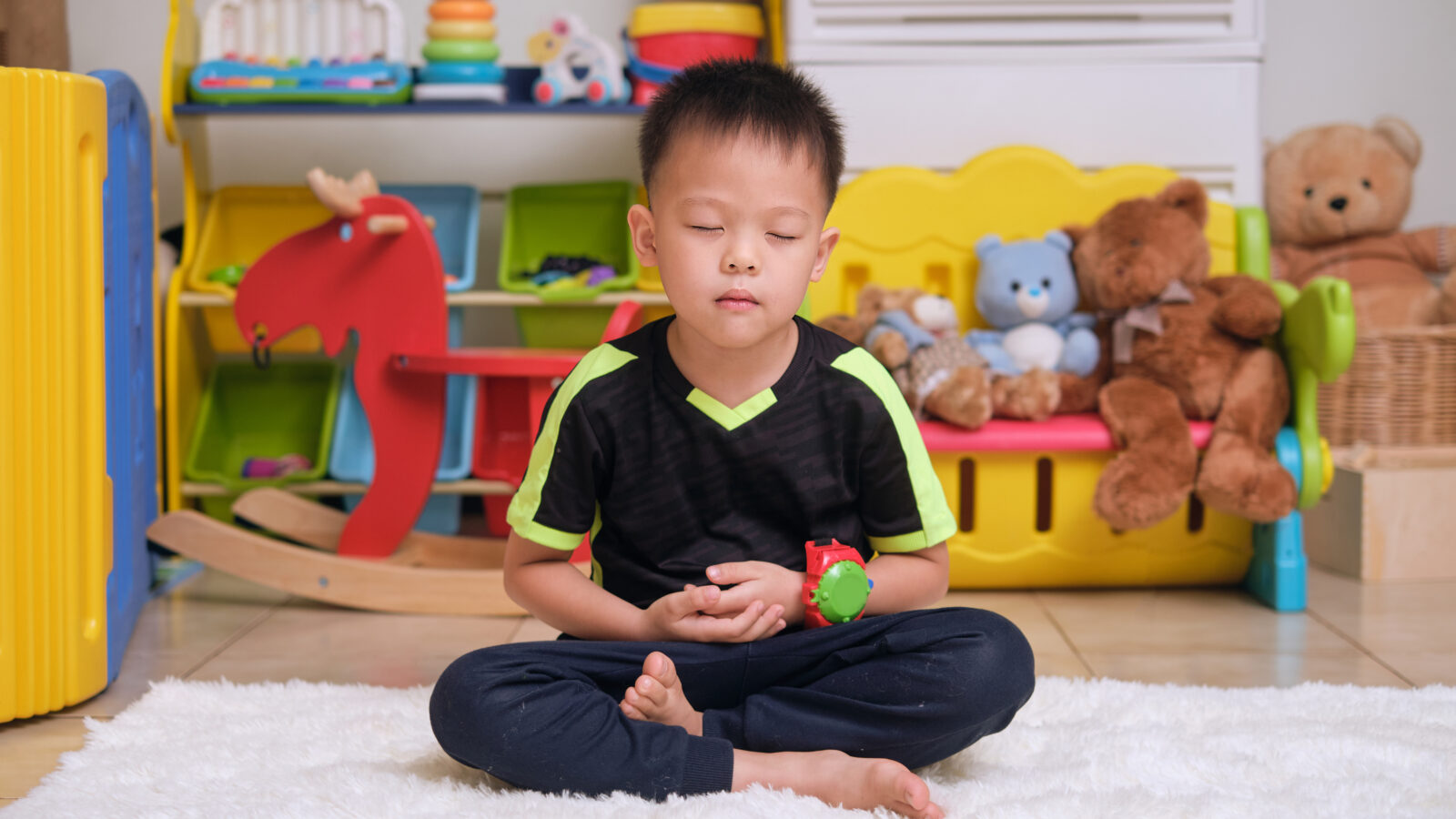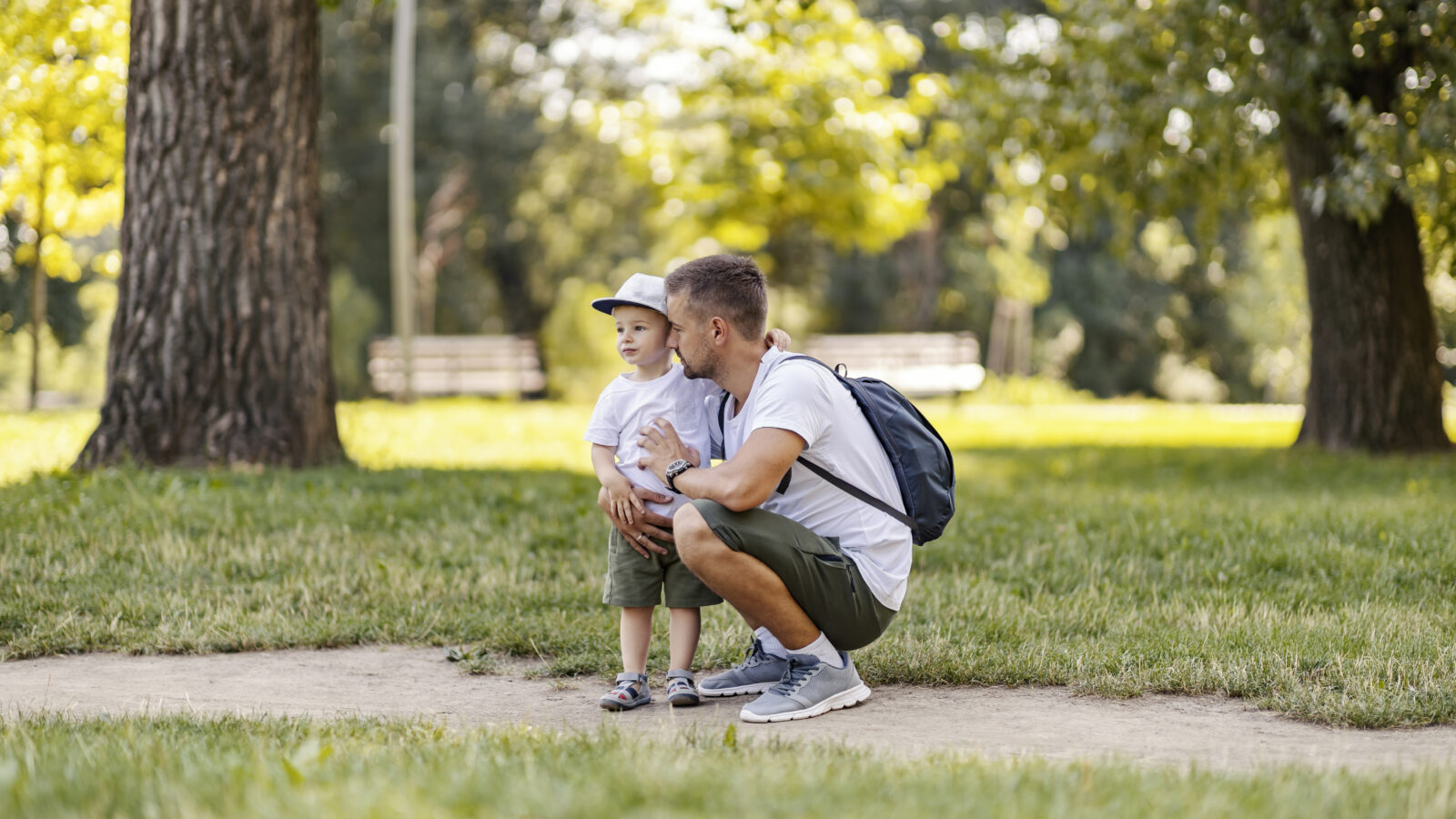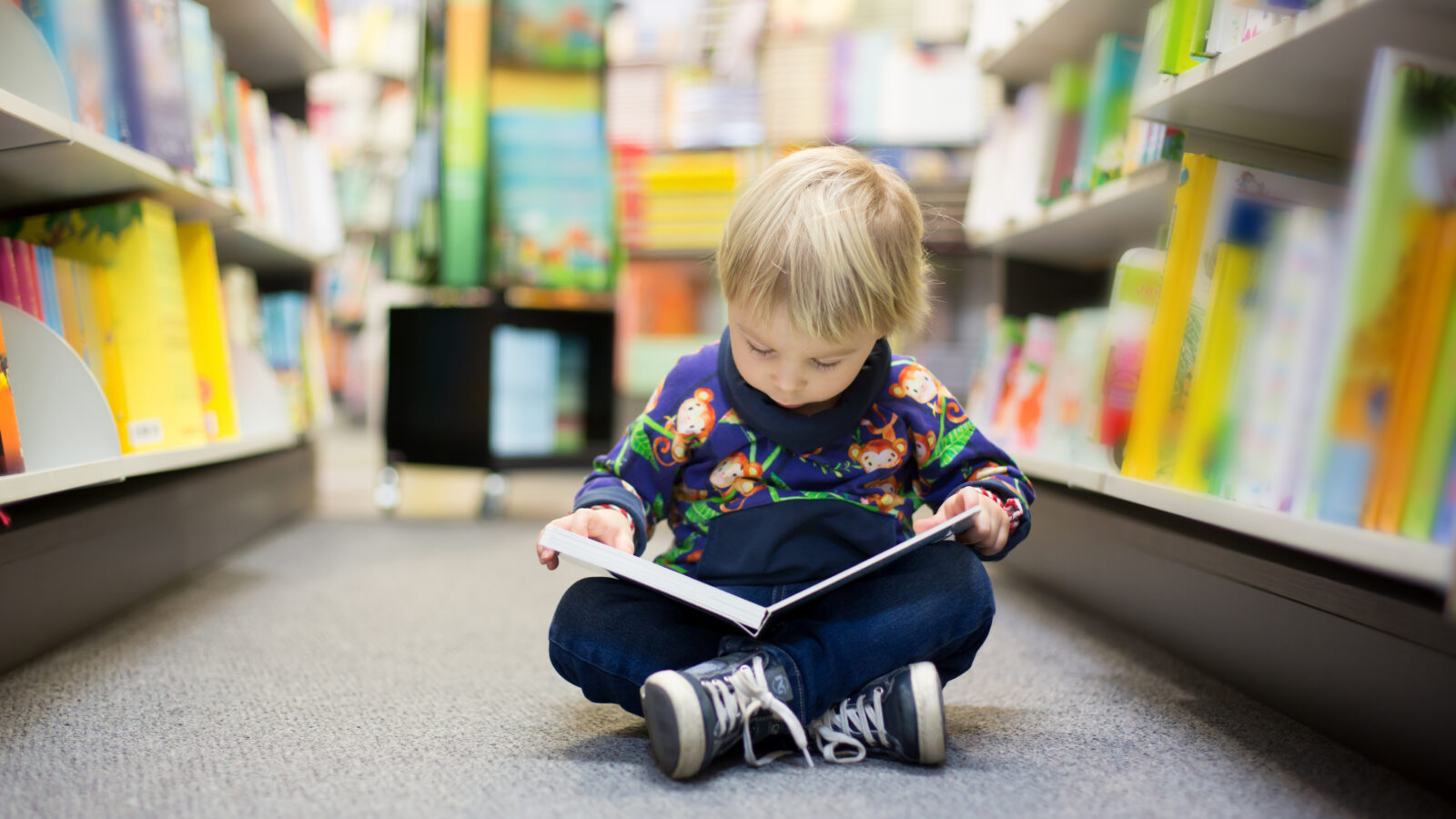Learning Behavioral Skills in an ECE Setting

Early childhood is a time of enormous growth: physical, mental, and emotional. As educators, it’s an exciting time as children gain a sense of themselves as separate individuals from their family members. As children gradually begin to learn their place in the world, they will also begin to learn how to manage their behaviors.
As part of this process, children will manifest all sorts of behaviors at home and in school or childcare settings. While this can be confusing and even challenging for some families, early childhood professionals can help manage the transition from home to an ECE setting, and put in place strategies to support positive behaviors. In fact, it’s vital that we do so.
In Early Childhood Education, we have a crucial impact during this period to help children develop behavioral skills that lay the foundation for a successful and fulfilling life. Building an adequate learning structure gives children the tools for managing their behavior and supporting their academic success later in life.
Quality Early Childhood Education provides a structured environment where children can learn essential behavioral skills, and executive functions (EFs), and are given opportunities to interact with their peers, navigate social situations, and manage their emotions. These experiences are vital for developing the ability to work well with others, a skill that is indispensable in both personal and professional settings.
EFs, consisting of inhibitory control, working memory, and cognitive flexibility, make difficult behaviors far less likely in both younger and older children. Supporting children to learn voluntarily inhibition of behavior is foundational to their ability to behave in a socially appropriate manner, to pay attention and to remember information.
At Catherine Hershey Schools for Early Learning, we believe Social and Emotional Learning (SEL) is an essential element which improves the well-being of the children in our care as they learn to manage their emotions, establish positive relationships, and make responsible decisions.
One approach [used by CHS], the SEL framework CASEL 5, addresses five broad and interrelated areas of competence: self-awareness, self-management, social awareness, relationship skills, and responsible decision-making. It can be taught and applied at various developmental stages from childhood to adulthood. CASEL 5 can also be used alongside trauma-informed classroom management programs, using activities and routines to teach children self-regulation and problem-solving skills and to foster a sense of safety in the classroom.
Mindfulness-Based Intervention
The COVID-19 pandemic has undeniably reshaped many aspects of our lives, with one of the most profound impacts being on the mental health and well-being of young children and their caregivers. As stress levels soared and externalizing behaviors in children became more prevalent, research showed taking a mindfulness-based approach, which focuses on cultivating a state of active, open attention to the present also supports self-regulation in children.
Mindfulness-based intervention (MBI) programs can improve behavioral problems, adaptive skills, and EFs for children in the early years, with positive effects more pronounced for those children who needed additional support and those with difficulties or delays in developing self-regulation skills.
Some of the positive outcomes include kindergarten readiness, development of problem-solving skills, improved mental health, and assisting children with the development of awareness-related skills like attention, concentration, and emotion regulation.
What this looks like in the classroom can vary, but some approaches include:
- Mindful movement, like walking meditation or gentle yoga
- Breathwork
- Sensory awareness games
Boosting positive behaviors, by providing programs to support self-regulation in early childhood, we, as educators, are giving children what they need to learn and thrive, long after they leave our care.




